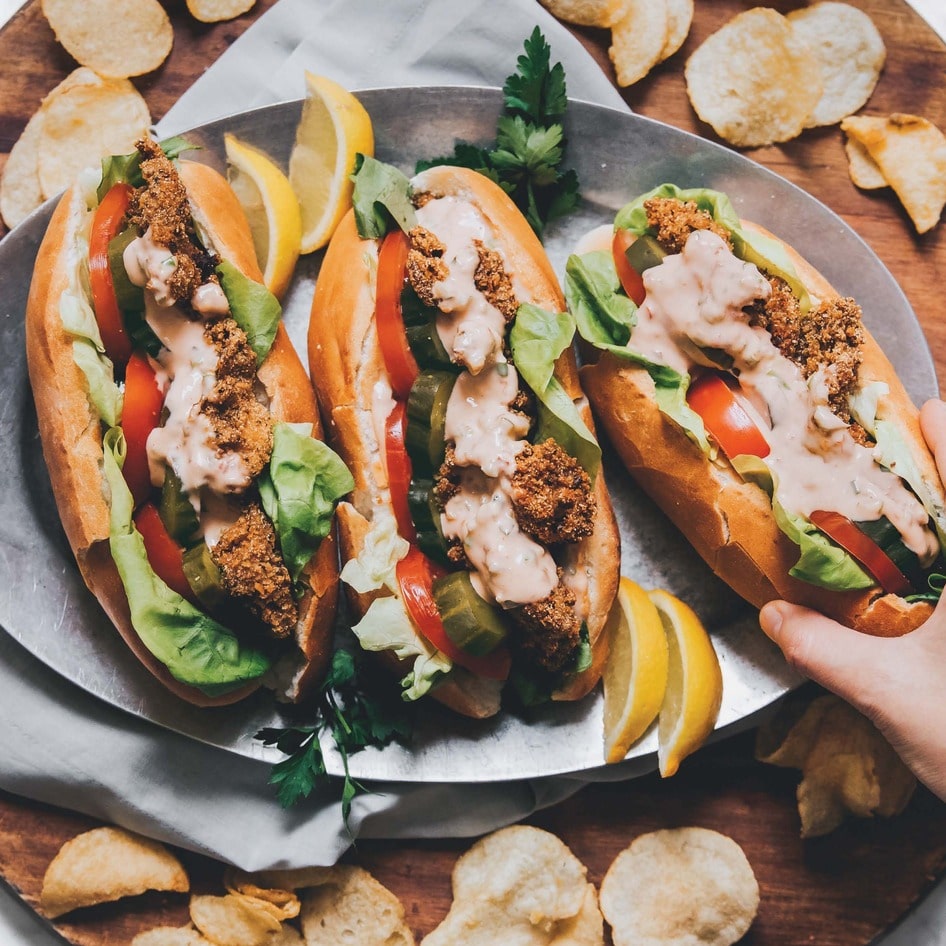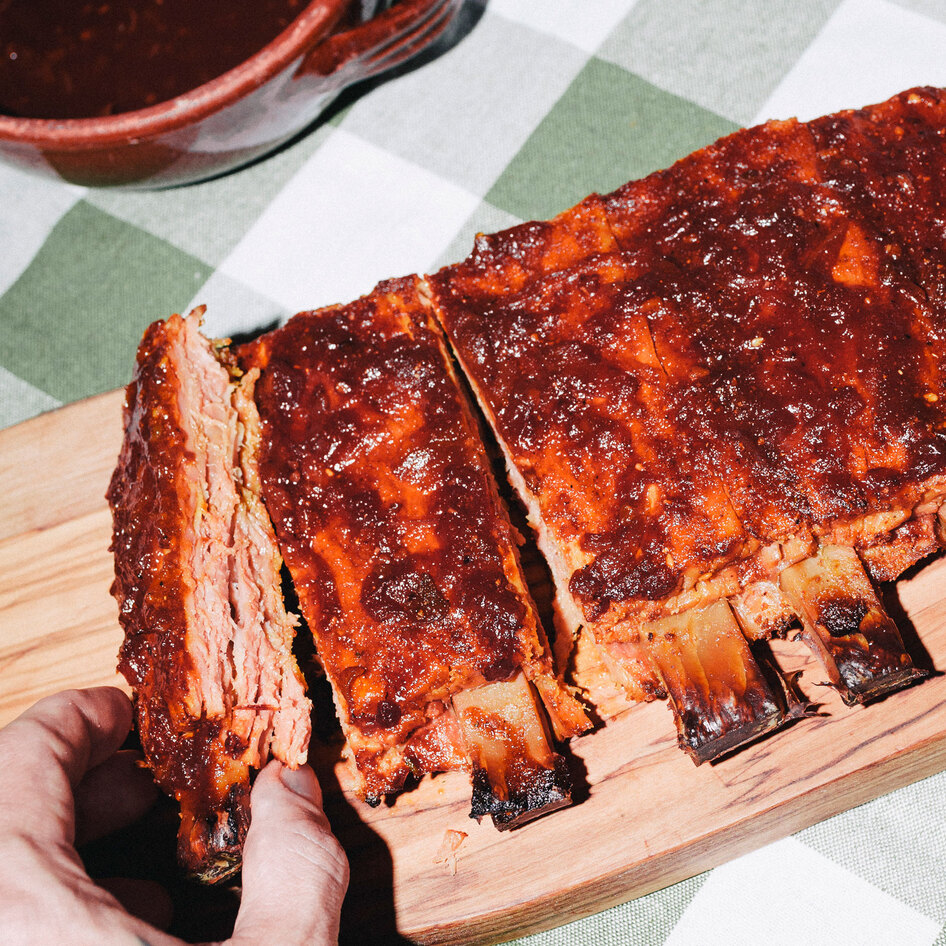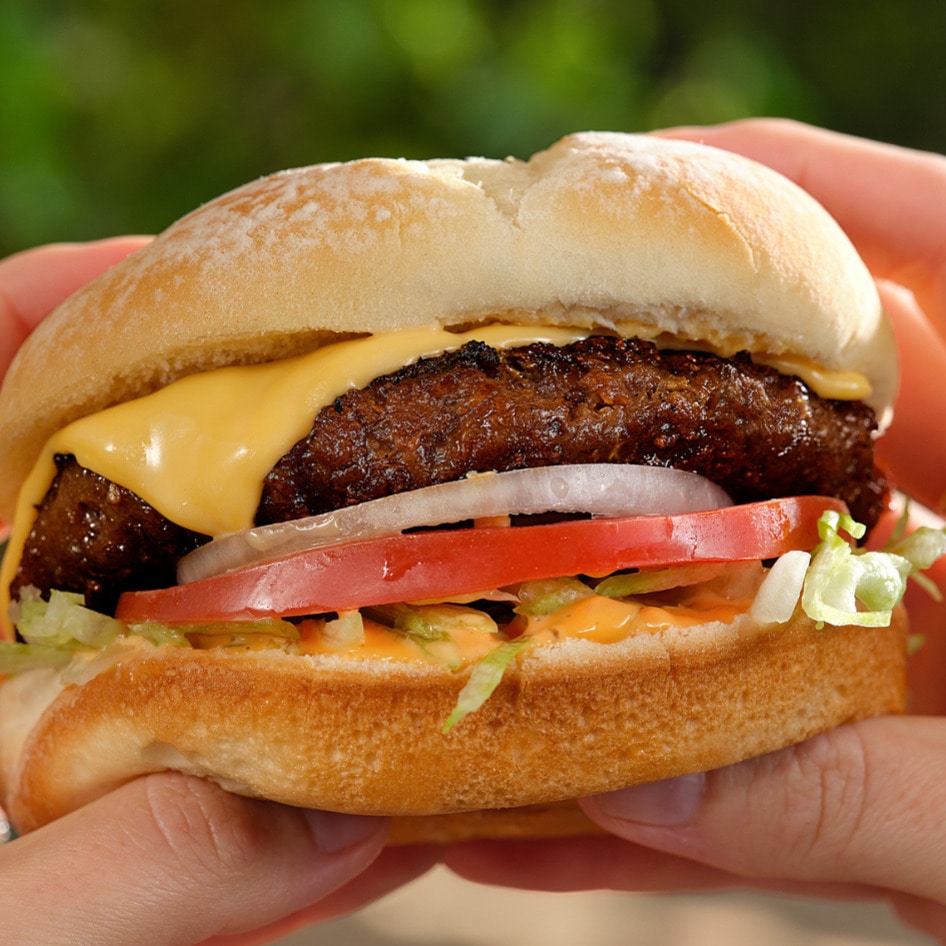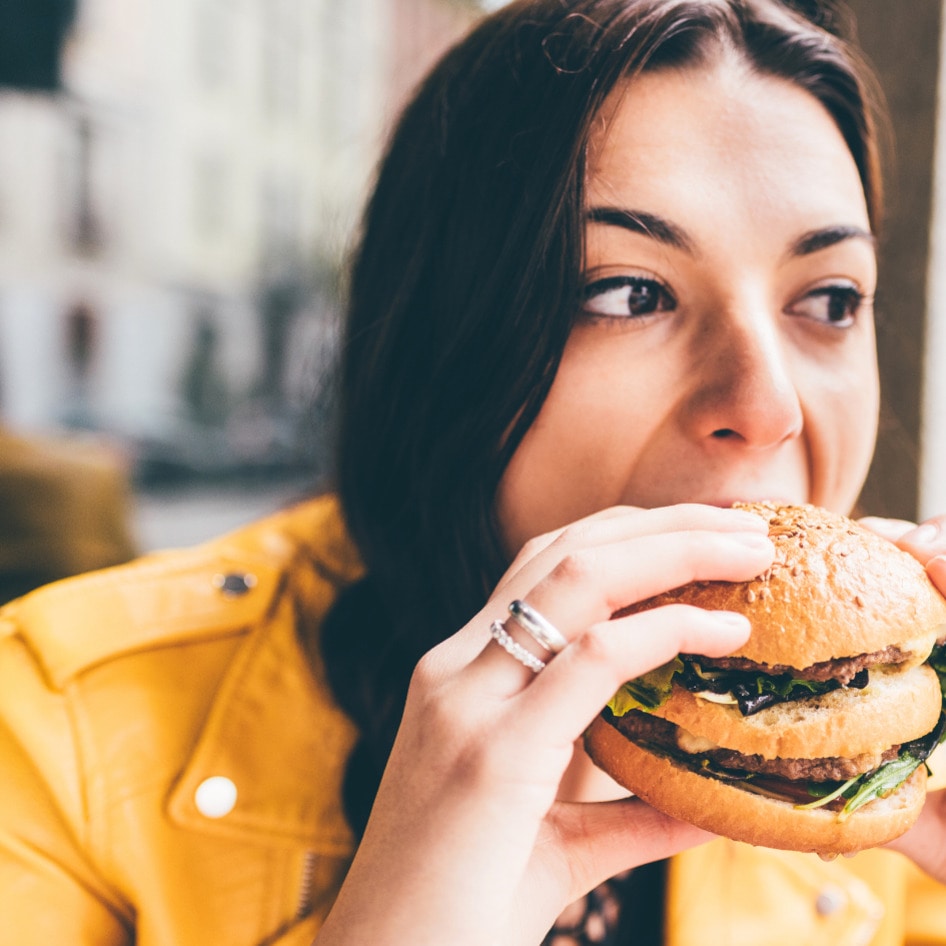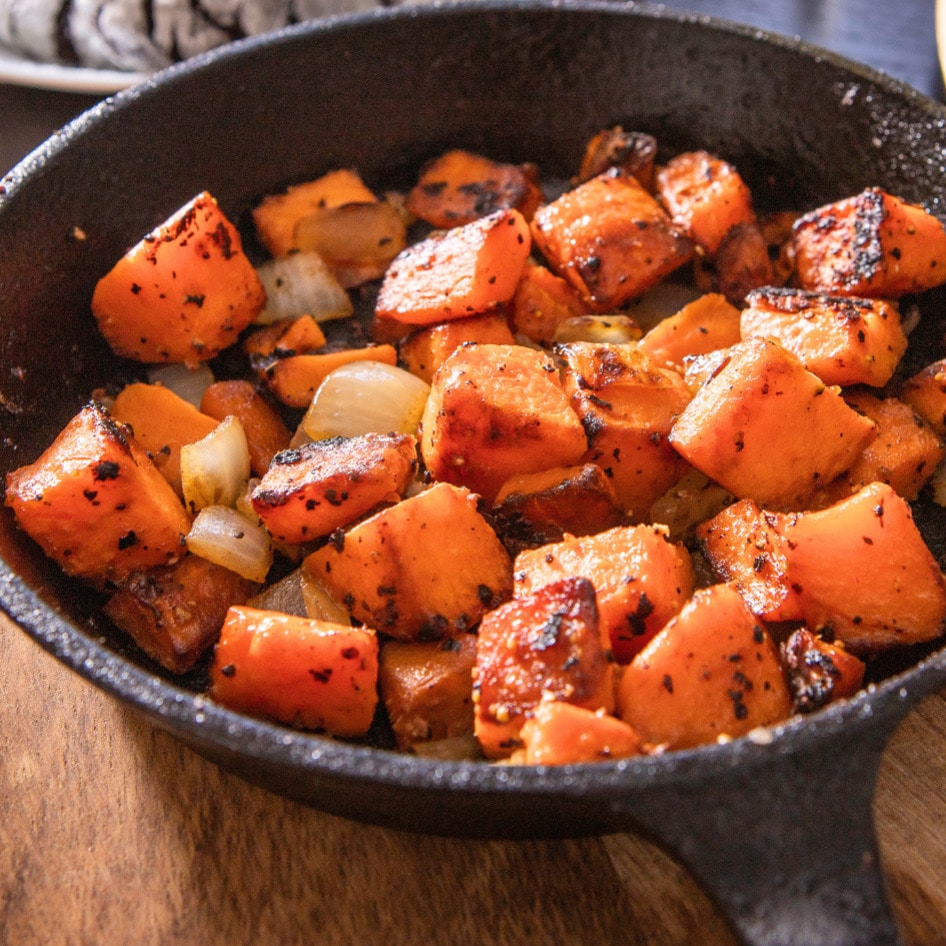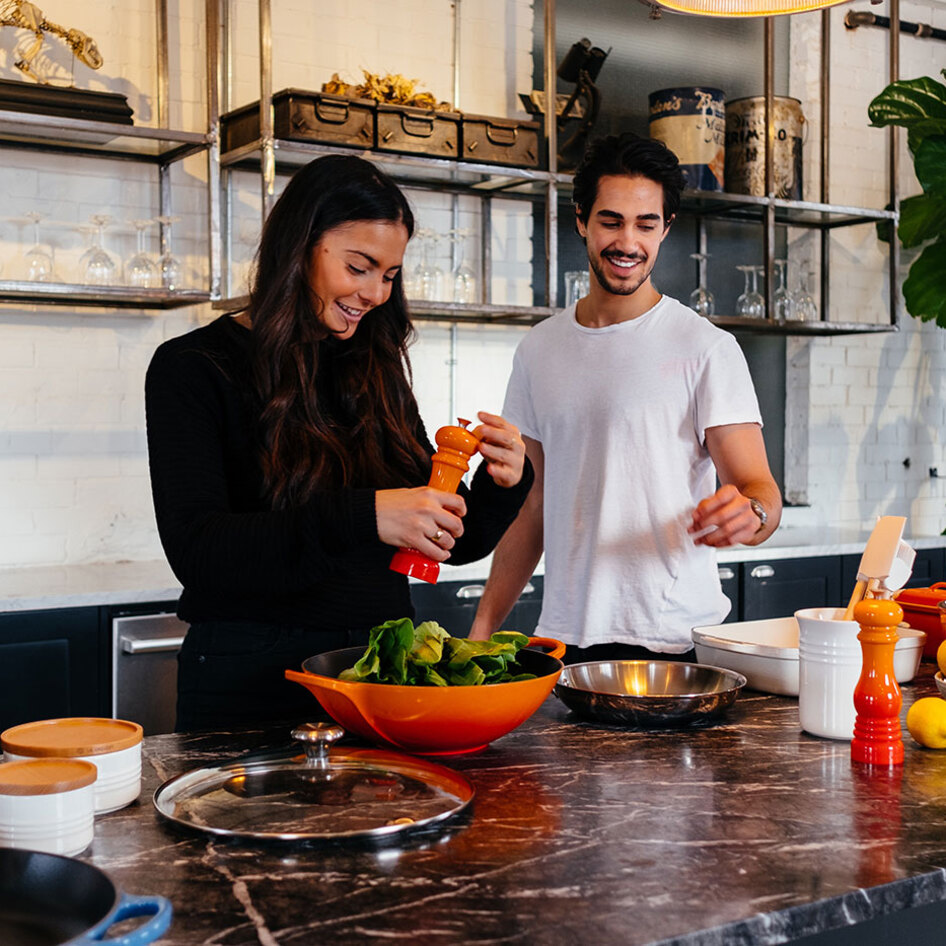After Chef John Mountain failed to cater for one vegan customer at his restaurant, Fyre, in Perth, Australia, he was met with some constructive criticism. “I think it’s incredibly important nowadays that restaurants can accommodate everyone,” the customer wrote. “To not be able to have actual plant-based meals shows your shortcomings as a chef.” Mountain’s response? A flat-out ban on all vegan customers.
“Sadly all vegans are now banned from Fyre (for mental health reasons),” read a post on the restaurant’s social media. “We thank you for your understanding.”
It’s a seemingly extreme reaction, but it’s far from the first example of meat-eaters and vegans hitting the headlines for not getting along. In fact, just recently, another story broke relating to a ban, but this time, it was a vegan landlord preventing meat-eaters from cooking animal products in his New York apartment. According to the real estate listing, which has since been removed, the one house rule was “no meat or fish in the building.”
These two examples may have gone viral, but, away from the social media frenzy, people clash over dietary beliefs all the time. But why, exactly, is it so hard for vegans and meat-eaters to just get along? And are there any benefits to meeting in the middle?
Why can’t vegans and meat-eaters just get along?
In the last few years, the food industry has started to change. Veganism used to be on the fringes of society, with plant-based shoppers regulated to health food stores and dedicated meat-free cafés. But now, most mainstream supermarkets and restaurants (Fyre aside, of course) offer an array of plant-based choices, and the market is growing consistently. In fact, according to some estimates, by 2030, it could hit a value of $162 billion.
But despite this growth, not everyone is accepting of vegan values. And according to some social psychologists, for many, this could be due to some deep psychological reasons.
For years, meat has been the norm in society. It has long been the center of the grill in the summer, the Thanksgiving table in the autumn, and the meals we share with loved ones on regular weekday evenings all through the year.
Animal products have become so entrenched in everyday life that the thought of giving them up is unnerving, and maybe even scary, to many. But when others do make the leap and reject the system of industrialized factory farming that produces 99 percent of animal products in the US, this often forces people to sit with some uncomfortable feelings about their own behavior, resulting in conflict.
“By their mere existence, vegans force people to confront their cognitive dissonance,” reads an article for BBC Future. “And this makes people angry.”
And on the flip side, some vegans struggle to relate and empathize with meat-eaters, despite the fact that, for most people, there was likely a time when they ate animal products, too.
”In most cultures, people grow up eating meat as a perfectly normal thing to do. But at some point, they learn where meat comes from and that can create a conflict,” psychology professor Matt Ruby told Insider. “A lot of people are really disconnected with where their food comes from, so it can be a bit of a shock.”
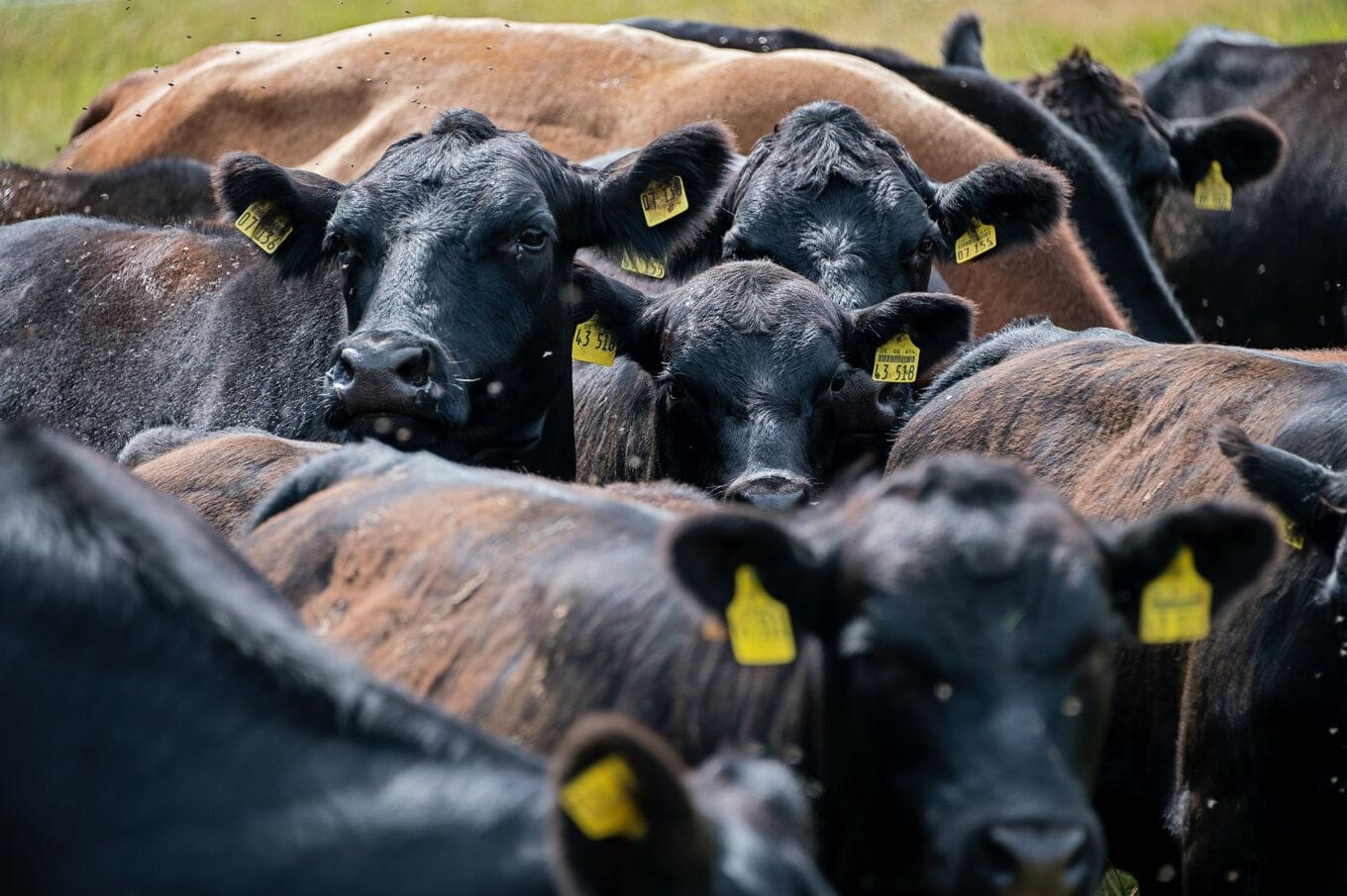 Etienne Girardet/Unsplash
Etienne Girardet/Unsplash
The bottom line: the food system’s role in the climate crisis affects us all
The truth is, all of the petty arguments and inflammatory headlines about “meat eaters versus vegans,” are just a distraction from an uncomfortable and scary truth: the climate crisis is here, and it’s getting worse.
While some can disagree on the ethics of killing and exploiting billions of animals for food, it is hard to deny the facts about the meat industry’s role in climate change. Animal agriculture is, after all, responsible for 14.5 percent of global emissions, plus it’s the leading driver of deforestation around the world.
Many experts have called for a total drop in meat consumption (the biggest-ever food production study in 2018 noted that going vegan was the single-biggest change a person could make to reduce their impact on the planet), but others have opted for a pragmatic approach: vegans be vegans, and meat-eaters, cut back.
In 2022, one study from the University of Bonn in Germany urged Western countries, in particular, to rethink their relationship with meat, and cut back on consumption by 75 percent.
“If all humans consumed as much meat as Europeans or North Americans, we would certainly miss the international climate targets and many ecosystems would collapse,” said Matin Qaim, the study’s lead author, at the time.
In 2021, a report commissioned by the UK government recommended that Brits cut meat consumption by 30 percent to fight climate change, and in 2020, Greenpeace called for a 71 percent drop in Europe.
Meeting in the middle: the rise in flexitarianism
And some meat-eating consumers are listening to the experts. Flexitarianism, which is a predominantly plant-based lifestyle with occasional meat consumption, is rising in popularity. In fact, in 2022, research from Beneo GmbH evaluated 12,000 consumers across 10 countries and found that around one in four consumers identify as flexitarian now.
Some of these people may end up going totally vegan, and others may just continue to treat meat as an occasional indulgence, but one thing is for certain, creating more division and shame around dietary choices isn’t going to help either of those things happen. And the truth is, a society full of flexitarians is a significant improvement from where we’re at now.
For many vegans, a meat-free world is, understandably, the dream. But while that may happen in some distant, hard-to-imagine-right-now future, it’s not our current reality.
Encouraging and supporting meat-eaters to cut back on their consumption, without judgment, would still save billions of animals, and would reduce emissions, too. And if we were all honest with ourselves, cognitive dissonance and burger preferences aside, that’s what most of us truly want.
For the latest vegan news, read:
JUMP TO ... Latest News | Recipes | Guides | Health | Subscribe




